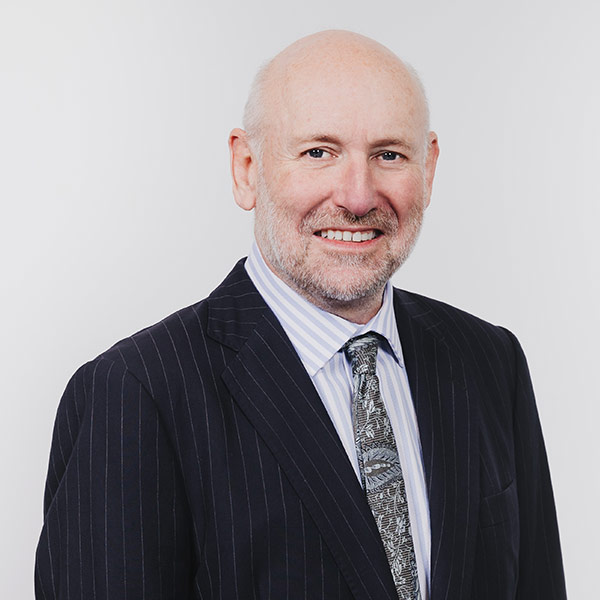Letter from Taiwan

This missive comes to you from Taiwan where PPM is visiting IT companies. In the portfolios we have investments in companies, such as Nvidia, Microsoft, Amazon which ultimately rely on product that is only produced in Taiwan.
It is an underappreciated fact that this island, over which so much speculation has been expended, is absolutely critical to the growth of technology and in turn to the global economy. In the aftermath of Covid, virtually every consumer product was in short supply because there were insufficient chips available. As Chris Miller, in his highly acclaimed book “Chip Wars” observes, 60% of chips and 90% of the most advanced chips come from this island of roughly 24 million people so close to China (in fact the closest of the islands is only a few hundred meters from the mainland). Miller contends that if supply was to be disrupted it would bring on another global depression; this is not an exaggeration – if you were to think that the supply of most consumer products would collapse, data centres would quickly run out of capacity – commerce, as we know it would implode. You want to see inflation? This would put the 1970s inflation in the shade.
Don’t worry, MacNally’s identity states: the probability of an occurrence is inversely proportional to the square of the likely damage it would cause – so not much chance (the identity is also a useful tool in analysing climate apocalypse predictions).
Taiwan is all about semiconductors, the transistors that are now smaller than a corona virus and that control everything that moves in a modern economy. That Taiwan is so dominant is no harder to explain than why Silicon Valley dominates software. It is about the ecosystem, so many people doing the same thing creates an intensity of activity and investment and that in turn attracts more talented people, who attract more talent and so on. Much like industrial revolution England or renaissance Florence.
The biggest fish in Taiwan is Taiwan Semiconductor Manufacturing Company (TSMC). It produces nearly all the most advanced chips; no one else has been able to get close to the sophistication of their product. Their 3 nanometres process allows 300 million transistors per millimetre square (or 10 transistors could be mounted on the surface of a corona virus).
The production of high-end semiconductors is the most demanding industrial process ever. A manufacturer might be able to buy the equipment, themselves the most sophisticated machines ever built and built by only one company ASML in the Netherlands, but that doesn’t mean you can produce chips of this size economically or indeed at all. It’s like fitting out a restaurant kitchen with the best equipment – it doesn’t mean you will get three hats for the food you serve. The second best are still working on scaling up 3nm chips production while TSMC is a generation ahead and working on 2nm chips.
The importance of this is that AI, the new wave of technology, requires such immense computing power and only the chips and software designed by Nvidia and manufactured by TSMC will perform the job. To say that it is only these two firms is a simplification, they are at the centre of an immensely complex web of suppliers of technology and skills that encompasses the globe. It is not possible to untangle this web in a short period of time; one cannot simply re-locate it to a “politically” safe location like you might a Nike factory. This interdependence is very comforting in that everything depends on it; a breakdown of the system ruins everyone, the aggressor as much as the victim – it’s the doomsday argument.
In a broader sense, our view is that AI is of the same significance as the development of the semiconductor, which has changed the world economy and investment markets to such an extent they are unrecognisable from what preceded. AI is not just quirky stories made up on ChatGPT, but a technology that will fundamentally alter the way businesses are run and the economics of industries. As with all changes of this magnitude there will be winners and identifying them will produce rich rewards.
For further information on Private Portfolio Managers Pty Limited (PPM) and our service offering please contact Jill May, Head of Client Relations or your Portfolio Manager on (02) 8256 3777 or jm@ppmfunds.com
